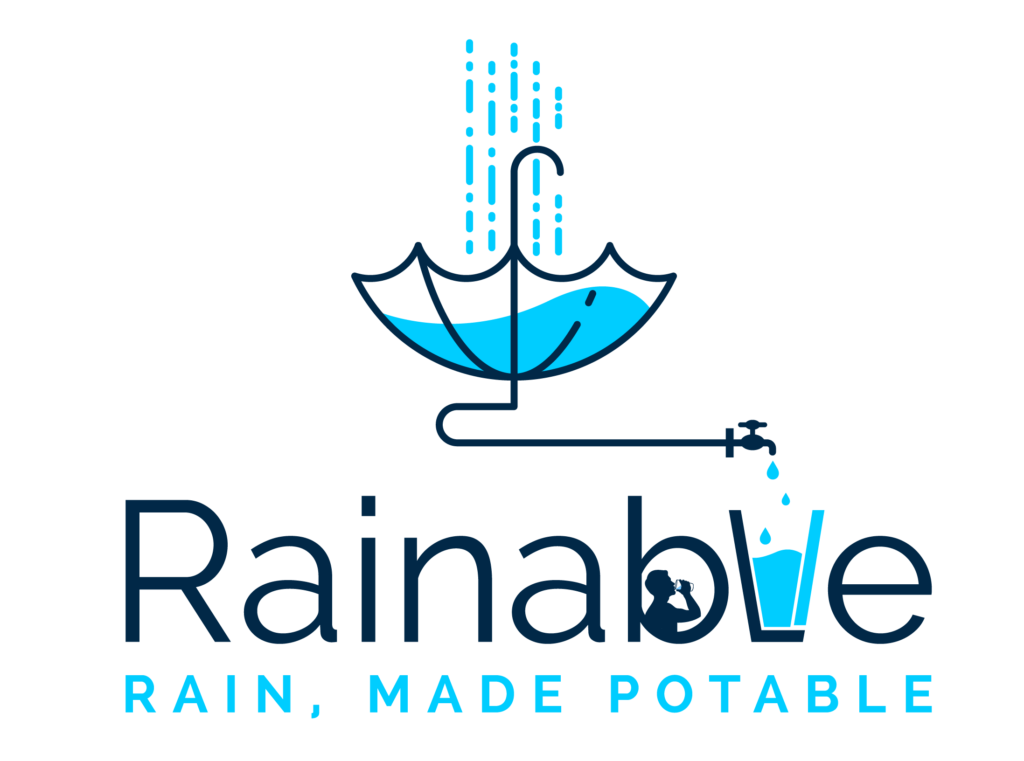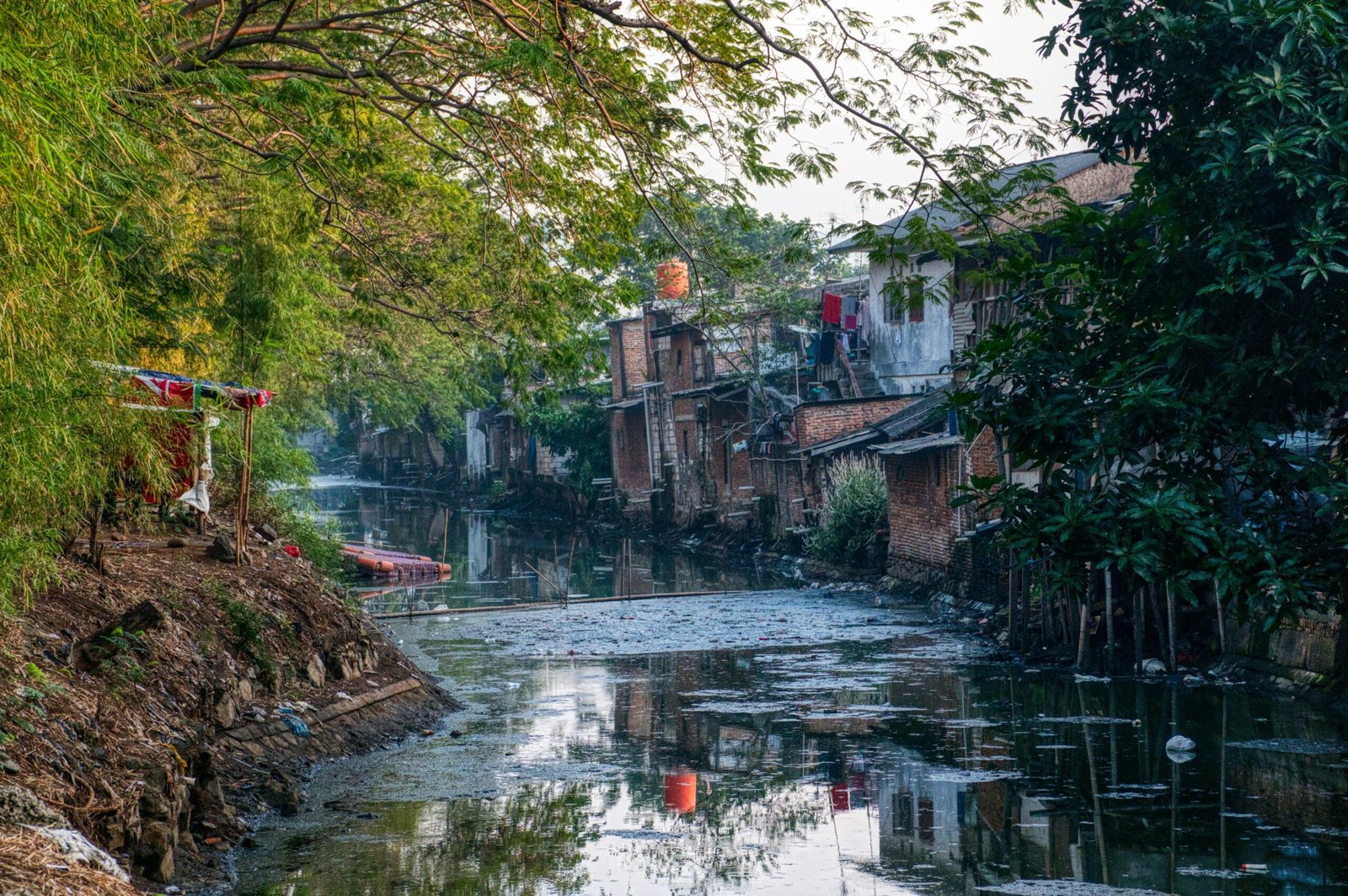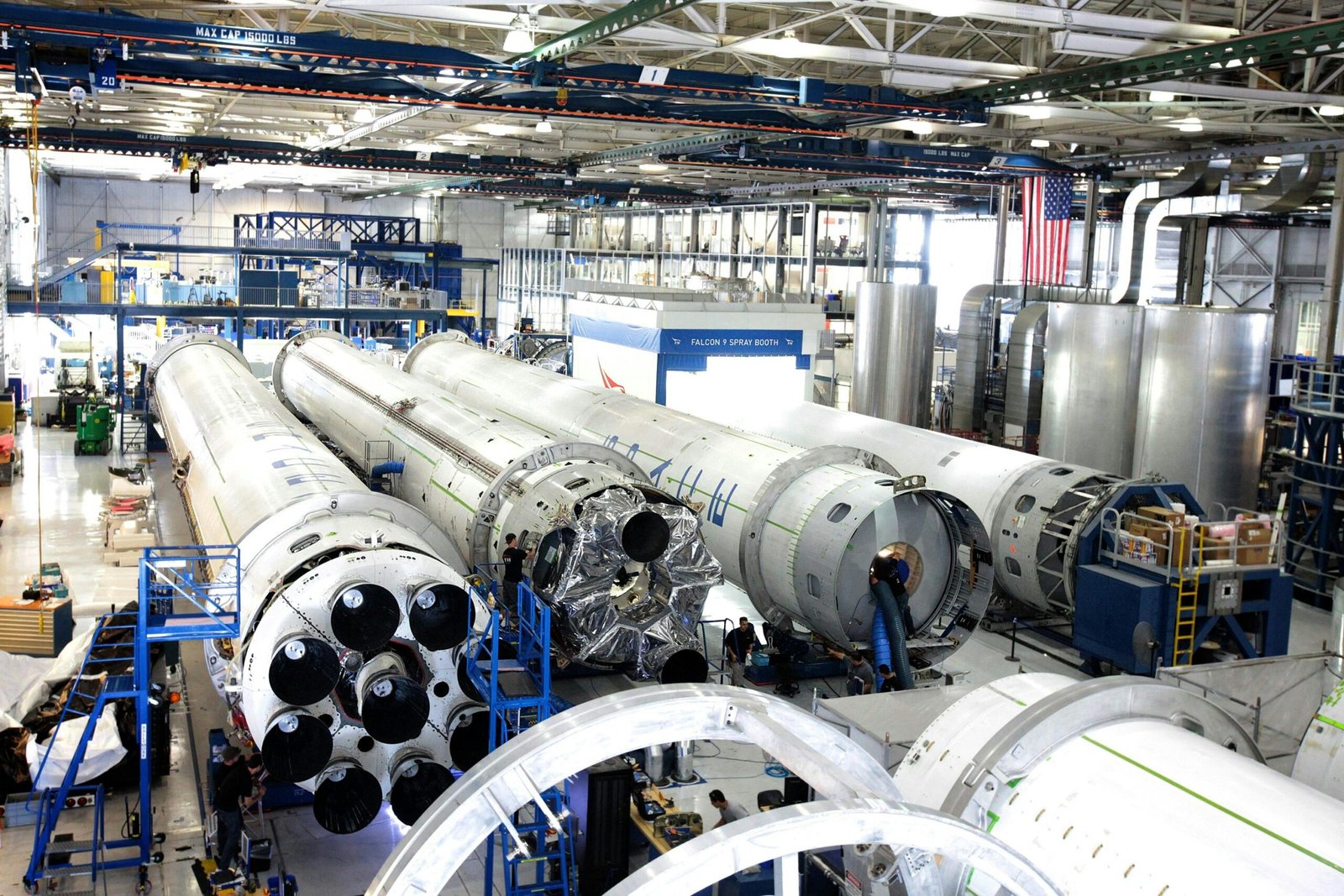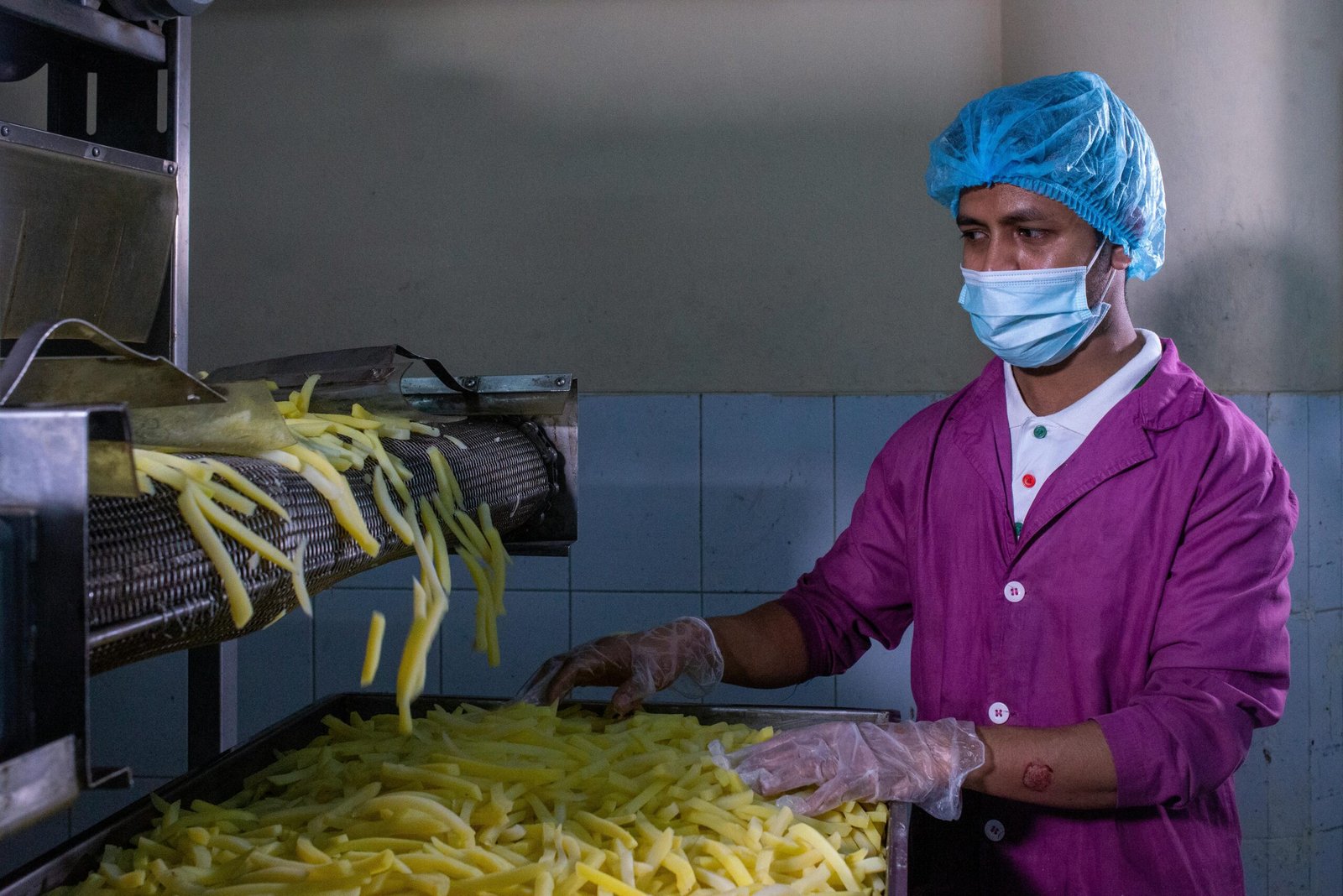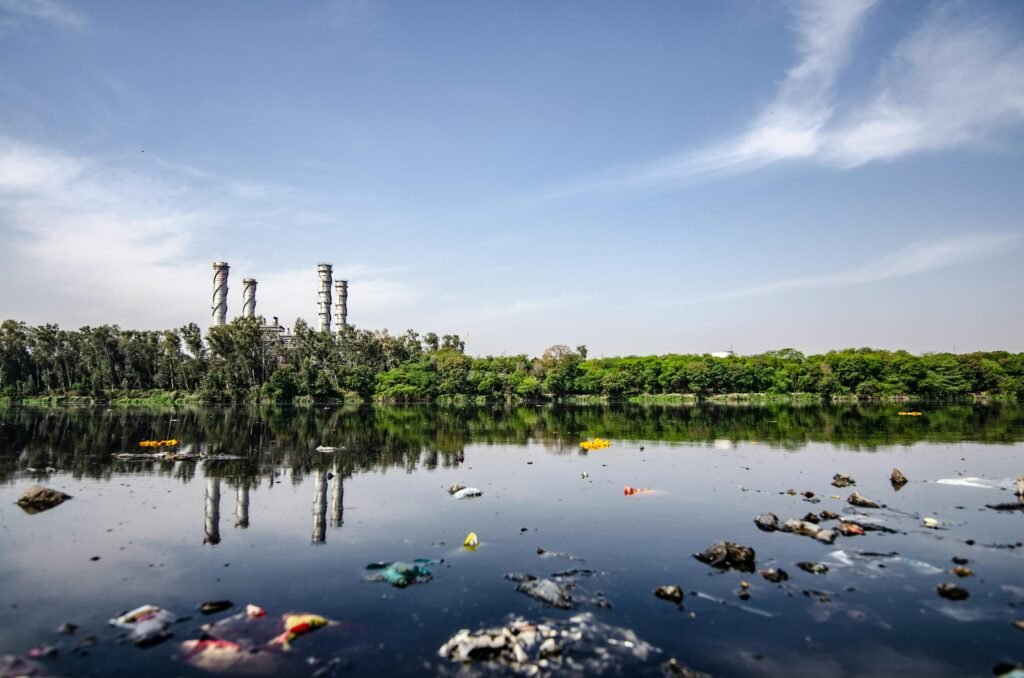
“Water contamination is a reminder that our most basic resources are fragile and must be protected for future generations.”
India faces a significant water crisis, characterized by both scarcity and contamination. Rapid urbanization, industrialization, and agricultural practices have exacerbated the situation, leading to severe health and environmental consequences. Implementing sustainable solutions, such as rainwater harvesting, is essential to address these challenges.
The Challenges:
Water Scarcity:
India’s burgeoning population and urban sprawl have intensified the demand for fresh water. Traditional water sources are under immense pressure, leading to:
- Depleting Groundwater Levels: Over-extraction has resulted in a sharp decline in groundwater tables, threatening water security for millions.
- Seasonal Water Shortages: Many regions experience acute water scarcity during dry seasons, affecting agriculture and daily life.
Water Contamination:
Compounding the scarcity issue is the widespread contamination of existing water sources:
- Industrial Pollution: Unregulated discharge of industrial effluents has led to the presence of heavy metals and toxic substances in water bodies. For instance, the Yamuna River in New Delhi is heavily polluted due to industrial waste, posing severe health risks to residents.
- Agricultural Runoff: Excessive use of fertilizers and pesticides has resulted in nitrate contamination of groundwater. A recent report highlighted that about 56% of India’s districts have groundwater with nitrate levels exceeding safe limits.
- Inadequate Waste Management: Poor sanitation and waste disposal practices have led to bacterial contamination of water sources. The 2020 Eluru outbreak in Andhra Pradesh, where over 600 people fell ill due to contaminated water, underscores this issue.
Health Implications
The consumption of contaminated water has dire health consequences:
- Waterborne Diseases: Outbreaks of diseases like cholera, dysentery, and Guillain-Barré Syndrome (GBS) have been linked to polluted water sources. In Pune, a GBS outbreak was traced back to water contaminated with Campylobacter jejuni bacteria.
- Chronic Health Conditions: Long-term exposure to heavy metals such as arsenic and lead can lead to serious health issues, including cancer and neurological disorders.
The Need for Sustainable Water Solutions
Given these challenges, rainwater harvesting (RWH) emerges as a viable, eco-friendly solution to India’s water crisis. By collecting and storing rainwater, communities can reduce dependence on contaminated sources and enhance water security.
Key Benefits of Rainwater Harvesting
- Cleaner Water Source – Rainwater is naturally soft and free from harmful pollutants.
- Groundwater Recharge – Helps replenish depleting groundwater levels.
- Cost Savings – Reduces dependence on costly municipal water supply.
- Flood Prevention – Reduces surface runoff and urban flooding risks
Implementing Rainwater Harvesting: The Role of Advanced Filtration
While rainwater is relatively clean, it can still pick up contaminants from rooftops and storage tanks if filtered with generic rainwater filters. This is where high-quality filtration systems like Rainable’s Midi-150 plays a crucial role.



Choosing the Right Filtration System
Rainwater harvesting is most effective when combined with efficient filtration technology. Rainable’s Midi-150 filter, ensures the highest quality water output for domestic and commercial use.
Why Choose Rainable’s Midi-150 Filter?
- Multi-Stage Filtration – Removes debris, sediments, and bacteria for safer water.
- Self-Cleaning Design – Zero maintenance effort.
- High Flow Rate – Ensures quick filtration, ideal for regions with heavy rainfall.
- Durable Construction – Long-lasting materials ensure efficiency over time.
By integrating Rainable’s Midi-150 filter into rainwater harvesting systems, households and businesses can maximize the benefits of harvested rainwater without compromising on quality.
A Call to Action: Secure Your Water Future
The water crisis in India demands immediate and sustainable interventions. Rainwater harvesting, coupled with advanced filtration technology like Rainable’s Midi-150 filter, provides a practical and scalable solution. Contact us now to secure your water future!
References
AP News. (2023, October 5). India’s river pollution crisis worsens amid rapid urbanization. https://apnews.com/article/india-river-air-pollution-6c0a891de6fd1ce35c5689831b9220bc
Down to Earth. (2024, February 10). GBS outbreaks across India linked to large-scale water contamination. https://www.downtoearth.org.in/health/gbs-outbreaks-across-india-may-have-been-caused-by-large-scale-water-contamination-as-seen-at-kumbh-mela
Eco-Business. (2023, September 15). Groundwater contamination widespread across India, government report reveals. https://www.eco-business.com/news/groundwater-contamination-widespread-across-india-government-report-reveals
Wikipedia. (2023). Eluru outbreak. Retrieved February 22, 2025, from https://en.wikipedia.org/wiki/Eluru_outbreak
